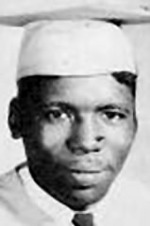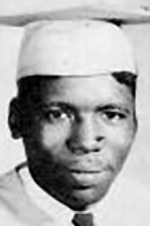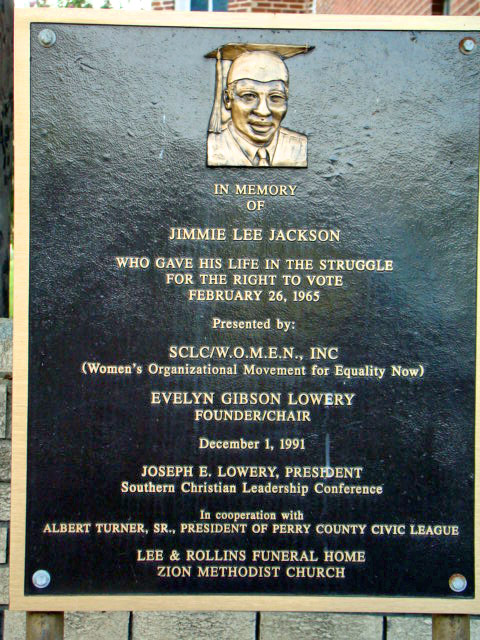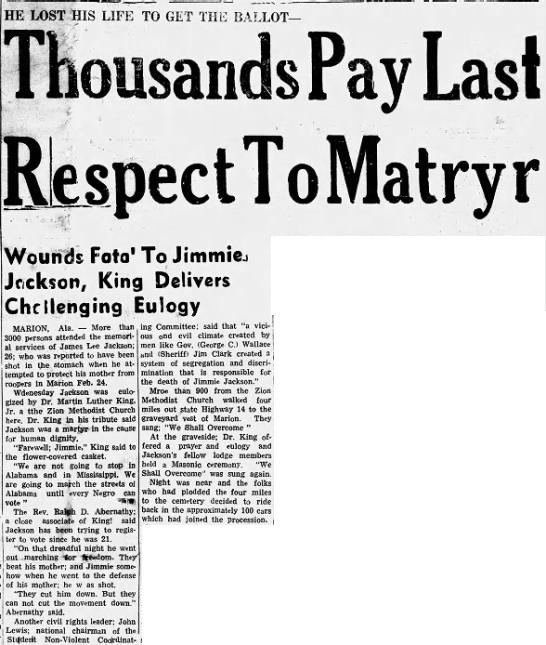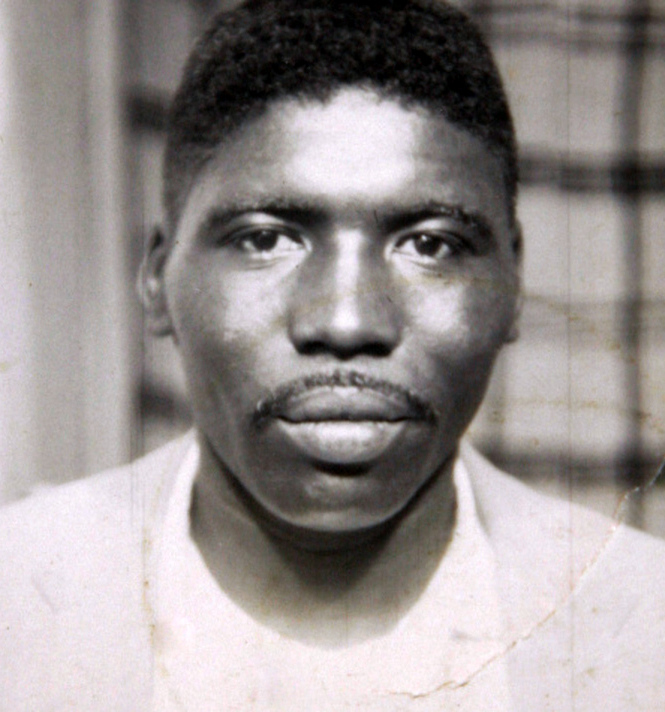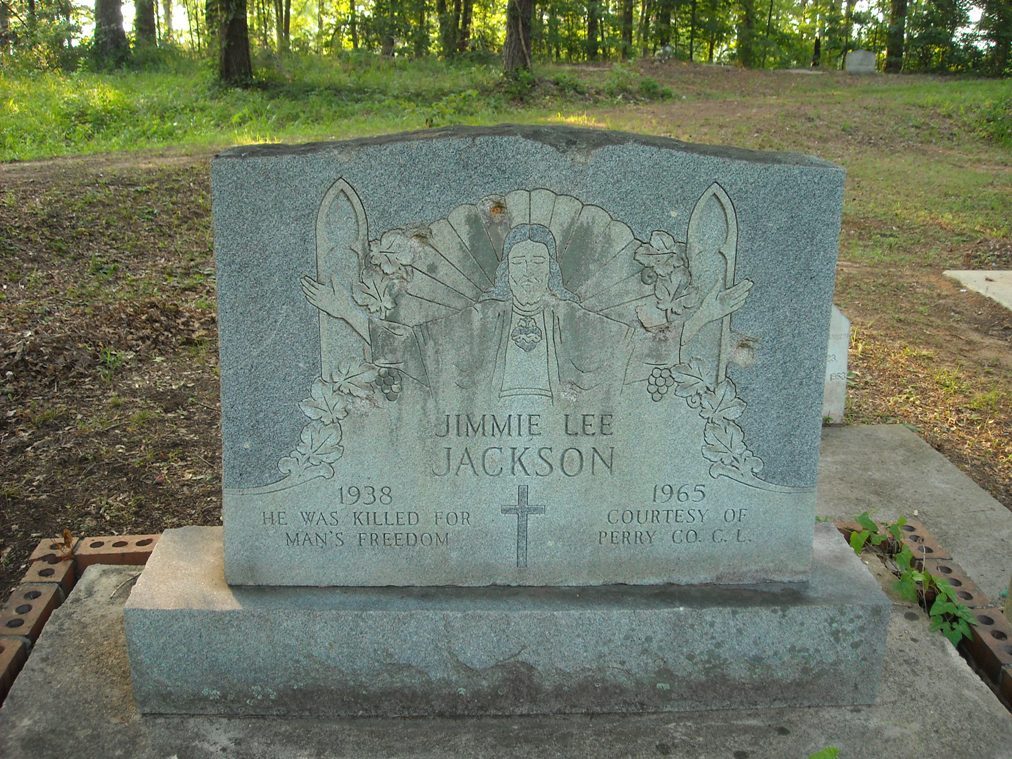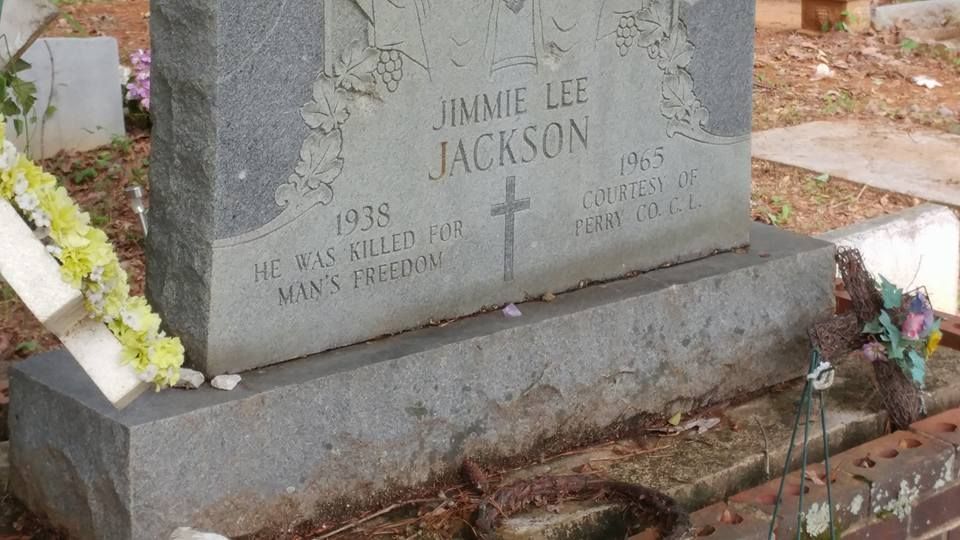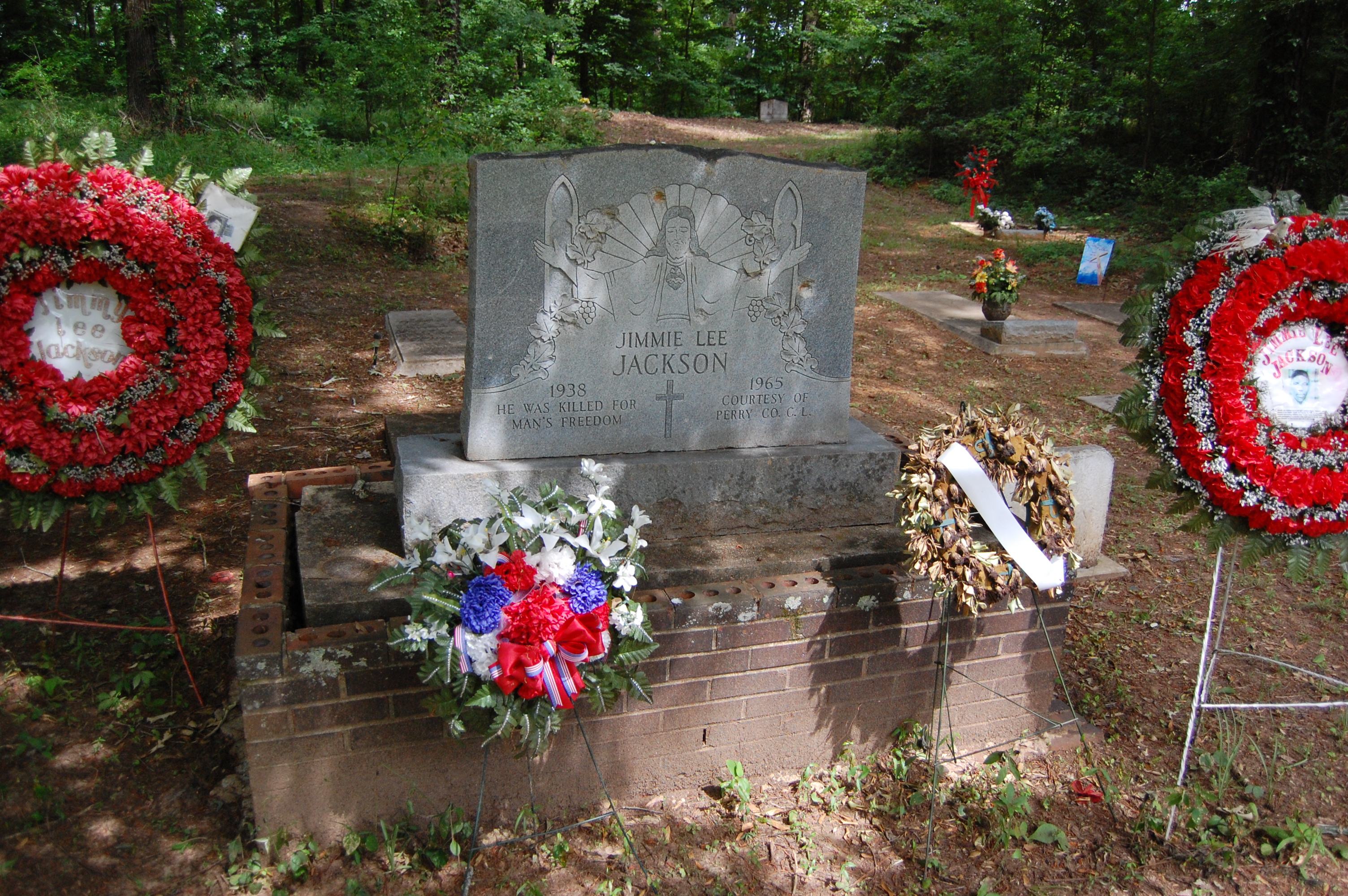A grand jury declined to indict Fowler in September 1965, identifying him only by his surname: Fowler.
On 10 May 2007, 42 years after the crime, Fowler was charged with first degree and second degree murder for the death of Jimmie Lee Jackson and surrendered to authorities. While a date for his trial has not been set, it is expected to be in May or June 2008
Update --- New York Times
By ROBBIE BROWN
Published: November 15, 2010
James Bonard Fowler is 77 now, but in 1965 he was a young Alabama state trooper facing the rising tide of the civil rights movement.
Dave Martin/Associated Press
The former Alabama State Trooper James Bonard Fowler, in court in August, pleaded guilty today to killing Jimmie Lee Jackson in 1965.
On Monday, at the Perry County Courthouse in Alabama, that past came calling: Mr. Fowler, who is white, pleaded guilty to the 1965 killing of a black man whose death led to the historic civil rights marches from Selma to Montgomery.
Mr. Fowler will face six months in prison for the fatal shooting of Jimmie Lee Jackson, a 26-year-old civil rights marcher who died after a confrontation with the police in Marion, Ala. His death inspired the first of the famous Selma marches the next month, an event that also ended in violence.
In the courthouse Monday, with Mr. Jackson's family watching, Mr. Fowler apologized for the shooting and pleaded guilty to misdemeanor manslaughter, but insisted that he had acted in self-defense, believing that Mr. Jackson was trying to grab his gun.
"I was coming over here to save lives," he said. "I didn't mean to take lives. I wish I could redo it."
The plea agreement brought to an end a case that had crept through the justice system for decades. In the 1960s, two grand juries investigated the killing but chose to not pursue charges. Then in 2004, Mr. Fowler confessed to a reporter for The Anniston Star that he had fired the gun.
"Jimmie Lee Jackson was not murdered," he said in the interview. "He was trying to kill me, and I have no doubt in my mind that under the emotional situation at the time, that if he would have gotten complete control of my pistol, that he would have killed me or shot me. That's why my conscience is clear."
But Mr. Fowler's plea on Monday suggests that he was not certain he would win the case in a courtroom. The district attorney who prosecuted the case, Michael Jackson, said he planned to try to convict Mr. Fowler of murder but was satisfied with the less severe manslaughter ruling.
"Time was starting to run out," Mr. Jackson said. "We wanted to make sure justice was done before he died."
Others questioned whether the sentence was harsh enough. The Perry County commissioner, Albert Turner Jr., told the Anniston newspaper that the agreement was "a slap in the face of the people of this county."
But John Fleming, the Anniston Star reporter to whom Mr. Fowler confessed, said the plea had brought "an appropriate end" to the case for a region still grappling with its civil rights history. "One thing we've never experienced in the South is anything close to a truth and reconciliation commission," he said. "What happened today was a moment of that experience."
- Feb. 2015 update
A play is being produced about his life -- see http://www.jimmyleeplay.com/
A grand jury declined to indict Fowler in September 1965, identifying him only by his surname: Fowler.
On 10 May 2007, 42 years after the crime, Fowler was charged with first degree and second degree murder for the death of Jimmie Lee Jackson and surrendered to authorities. While a date for his trial has not been set, it is expected to be in May or June 2008
Update --- New York Times
By ROBBIE BROWN
Published: November 15, 2010
James Bonard Fowler is 77 now, but in 1965 he was a young Alabama state trooper facing the rising tide of the civil rights movement.
Dave Martin/Associated Press
The former Alabama State Trooper James Bonard Fowler, in court in August, pleaded guilty today to killing Jimmie Lee Jackson in 1965.
On Monday, at the Perry County Courthouse in Alabama, that past came calling: Mr. Fowler, who is white, pleaded guilty to the 1965 killing of a black man whose death led to the historic civil rights marches from Selma to Montgomery.
Mr. Fowler will face six months in prison for the fatal shooting of Jimmie Lee Jackson, a 26-year-old civil rights marcher who died after a confrontation with the police in Marion, Ala. His death inspired the first of the famous Selma marches the next month, an event that also ended in violence.
In the courthouse Monday, with Mr. Jackson's family watching, Mr. Fowler apologized for the shooting and pleaded guilty to misdemeanor manslaughter, but insisted that he had acted in self-defense, believing that Mr. Jackson was trying to grab his gun.
"I was coming over here to save lives," he said. "I didn't mean to take lives. I wish I could redo it."
The plea agreement brought to an end a case that had crept through the justice system for decades. In the 1960s, two grand juries investigated the killing but chose to not pursue charges. Then in 2004, Mr. Fowler confessed to a reporter for The Anniston Star that he had fired the gun.
"Jimmie Lee Jackson was not murdered," he said in the interview. "He was trying to kill me, and I have no doubt in my mind that under the emotional situation at the time, that if he would have gotten complete control of my pistol, that he would have killed me or shot me. That's why my conscience is clear."
But Mr. Fowler's plea on Monday suggests that he was not certain he would win the case in a courtroom. The district attorney who prosecuted the case, Michael Jackson, said he planned to try to convict Mr. Fowler of murder but was satisfied with the less severe manslaughter ruling.
"Time was starting to run out," Mr. Jackson said. "We wanted to make sure justice was done before he died."
Others questioned whether the sentence was harsh enough. The Perry County commissioner, Albert Turner Jr., told the Anniston newspaper that the agreement was "a slap in the face of the people of this county."
But John Fleming, the Anniston Star reporter to whom Mr. Fowler confessed, said the plea had brought "an appropriate end" to the case for a region still grappling with its civil rights history. "One thing we've never experienced in the South is anything close to a truth and reconciliation commission," he said. "What happened today was a moment of that experience."
- Feb. 2015 update
A play is being produced about his life -- see http://www.jimmyleeplay.com/
Gravesite Details
Note the gunshot holes in his gravestone, described and discussed in the podcast "White Lies."
